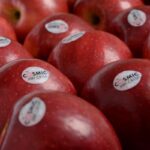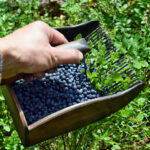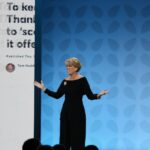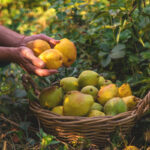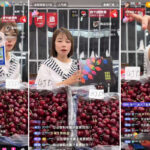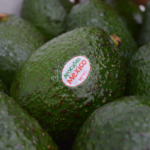ASOEX calls for national strategy to "defend" Chilean kiwifruit against Zespri

Chilean fruit export industry leader Ronald Bown recently met with trade officials from the country's new administration to suggest renewed efforts around market access and free trade.
The meeting between the Chilean Fruit Exporters Association (ASOEX) and the General Directorate of International Economic Relations (DIRECON) touched on market access issues with South Korea and Indonesia, while also opening old wounds with New Zealand kiwifruit exporter Zespri.
The kiwifruit marketer was found guilty of anti-competitive practices by the Korean Fair Trade Commission in 2011 after gaining exclusive contracts with E-Mart and Lotte Mart at the expensive of Chilean supply.
In May last year, ASOEX president Ronald Bown implied the New Zealand single desk marketer was acting unethically in Asian and North American markets, and his comments were in turn rebuked by then Zespri chief executive officer Lain Jager along with grower group NZKGI and the New Zealand government.
"It's relevant to have competition without obstacles from any participant on the international level, which isn't always the case with Zespri which has a dominant position in markets, privileged by the legal status that protects it," Bown said in a release.
"In many opportunities it has made the situation difficult for competitors in both hemispheres, so we hope this experience is not repeated," he said, in reference to the "damage Chile suffered" in the Korean case.
Along with his colleague, ASOEX managing director Miguel Canala-Echeverría, Bown urged officials to accelerate the approval process for the Comprehensive Economic Partnership Agreement (CEPA) signed between Chile and Indonesia which is currently before Congress.
It is believed the tariff reducations that would come with the agreement's implementation could help double Chilean fruit exports to Indonesia, having already grown 82% in 2016-17 to reach 8,649 metric tons (MT). 
Bown and Canala-Echeverría also urged officials to work on improving the trade agreement with South Korea.
"The FTA between Korea and Chile has been positive generally for our exports. However, the tariff advantage achieved from the signing of the agreement has been declining as a result of negotiations Korea has had afterwards with other countries, some of which are our competitors, achieving better access conditions for their products," Bown said.
South Korea has a long list of free trade agreement partners that are particularly strong in the fruit trade, including the United States, New Zealand, Peru, China, Vietnam and Australia.
Bown called for bilateral renegotiations with South Korea to improve market access conditions for Chilean table grapes, which have zero tariffs for most of the year but 45% tariffs May 1 and Oct. 31. This is to the detriment of late season grapes which take 35 days to reach the market by sea-freight.
He added ASOEX also needed an analysis about the situation with its oranges, which enter Korea with a 54.9% tariff because they are in the category DDA (Doha Development Agenda) and therefore subject to results of the Doha Round.
"We also believe it would be very positive to put forward the possibility of accelerating market opening processes in Korea and China, as on average it can take three to four years to achieve entry and you can only negotiate one product at a time," Bown said.
"Currently we are working on the opening of Korea for Chilean avocados, and find ourselves in stage two of eight levels implied by the negotiation."
DIRECON Director General Rodrigo Yáñez
Photo: www.shutterstock.com
















